Successfully running an online business requires you to be able to effectively receive payments. Payment gateways serve as financial tools that collect payments through debit and credit cards. Physical cash is becoming less common nowadays, and having user-friendly and accessible payment gateways is essential for engaging your customers.
International payment gateways are a must for businesses that cater to customers around the world. Customers can pay with their local currencies, and let’s not forget that it’s a cost-effective method for you too.
While there are many options available, choosing the right option can be complicated at times. In this article, we’ll dive deeper into learning more about which is the best international payment gateway you can use this year.
Contents:
1. Choosing the best payment gateway
2. Top 7 International payment gateways you should use
Choosing the best payment gateway
Payment gateways are essential for every business that wants to accept online payments. The technology transfers money from the customer to the merchant. Whenever you’re choosing which payment gateway to work with, you need to pay close attention to fees, monthly prices, integrations, and security.
A payment gateway acts as a central server in the payment processing system, regardless if you’re making a purchase in-store or online. It collects and transfers customer’s information to the merchant bank in real-time, where the transaction is then processed.
Pricing and fees
Payment gateways differ from each other: some may charge a fee for every transaction you make, while others will only do so on a monthly basis. Most payment gateways charge fees ranging around 2.9% plus 30 cents per transaction for the payment processing fee. Anything more than this might not be worth it.
You need to check if the payment gateway you want to use offers a free trial. Also, check on any setup and hidden fees.
Integrations
It’s important that before you choose your payment gateway, you make sure it can integrate with your shopping cart, and the software you’re using in your online business. This not only saves time, but automates all tasks.
Additionally, check out if there are customizable options available. Customizable options are great to have if you’re someone interested in making changes to your payment page, such as adding a logo, changing the page colors, and more.
Security – transaction monitoring
Regardless of which payment gateway you choose, security should be your priority. You want to make sure data is encrypted to protect the customer’s sensitive information from fraudsters’ hands.
Also, it’s a good idea to see if the payment gateway has any payment transaction monitoring systems installed. Transaction monitoring tracks customer’s transactions, withdrawals, deposits, and transfers. All of this allows the system to detect suspicious behaviors through customer data.
Transactions that are flagged as suspicious will need to be further investigated to detect if they’re made by the actual customer, or an impersonator.
In order to avoid any money laundering activities, transaction monitoring is mandatory for all online businesses. Therefore, it’s important to see if the payment gateway you’re using allows you to integrate anti-money laundering tools or has its own preventive fraud measures.
Top 7 International payment gateways you should use
Payment gateways are tools that allow businesses to collect online payments through a credit or debit card. The modern era has taught us that customers want to pay online, and avoid carrying cash. However, when you run an international business, you need to make sure your payments are supported internationally.
Each payment gateway is supported in different countries, so it’s important to check these lists before you choose which option to go with.
1. PayPal
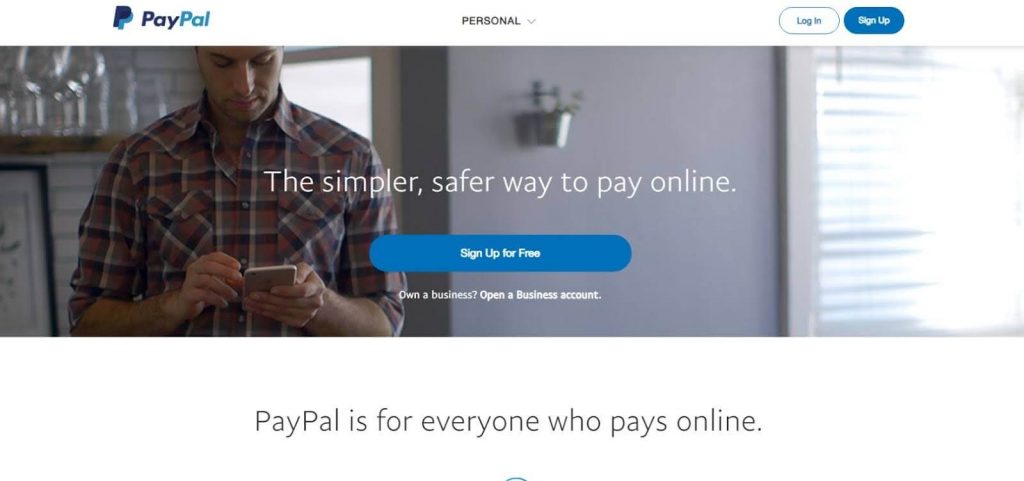
PayPal is one of the most popular international payment gateways that allows users to securely send and receive money online. The platform is user-friendly, offering integration options and support for many worldwide currencies.
Depending on the currency you use to complete your transaction, fixed fees differ, along with the 1.9% transaction fee that PayPal charges for payments above $10 and 2.4% for transactions less than $10.
Many online businesses that use PayPal don’t have any monthly recurring fees. Therefore, if you’re looking to avoid recurring fees from low card-processing volumes, PayPal is the right choice for you.
The only downside with PayPal is some app freezes that occur and chargebacks. Keep in mind to also check if your country is on the list of receiving payments via PayPal. Some countries can only send payments via PayPal, but not receive them. These Include:
- Afghanistan
- Bangladesh
- Cameroon
- Central African Republic
- Côte D’Ivoire (Ivory Coast)
- Paraguay
- Saint Lucia
- South Sudan
- Sudan
- Syria
- North Korea
- Gabon
- Ghana
- Haiti
- Iran
- Iraq
- Lebanon
- Liberia
- Libya
- Monaco
- Moldova
- Montenegro
- Myanmar
- North Macedonia
- Pakistan
- Timor-Leste,
- Uzbekistan
- Zimbabwe
PayPal accepts payments via bank account, Master card, Visa, Discover, or American Express Card, and your balance if you have a PayPal Balance Account.
2. Stripe
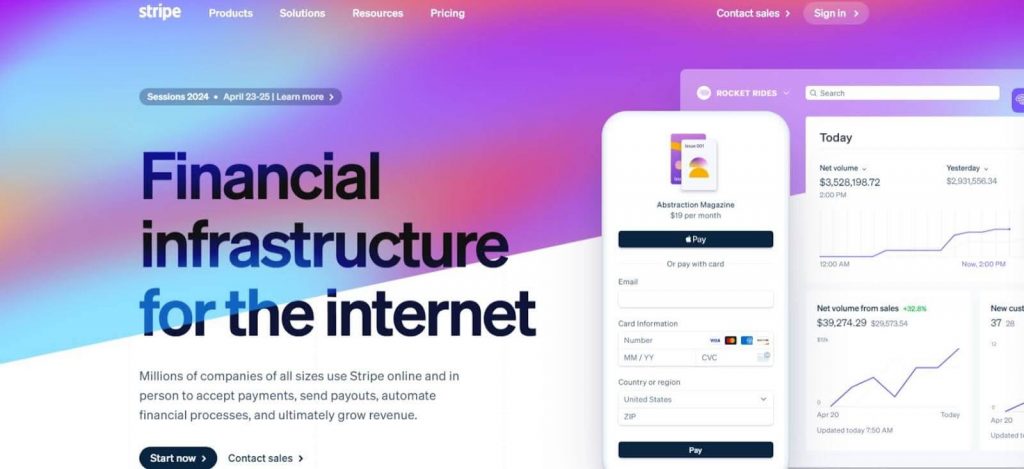
Along with PayPal, Stripe is also a popular international payment gateway. It’s a great choice for existing websites and businesses that have their own apps and want to integrate payment processing.
Stripe offers more than 660 integrations, and can easily be integrated into other applications on your smartphone. All of its payment solutions are developer-friendly and you can plug into many marketplaces.
Transaction fees start from 2.9% plus 30 cents per transaction without recurring fees. This means that if you’re a seller who goes through large volumes of transactions, you can qualify for discounts when subscribing to Stripe’s customized pricing plan.
Compared to other payment gateways, Stripe will offer more flexibility in monthly agreements. Let’s not forget that Stripe has great security measures, fast transactions, and is easy to use. The only downside is its limited support for a few payment methods including Visa Mastercard, American Express, debit cards, China UnionPay, Diners Club, etc. Through Stripe, online businesses can accept payments from mobile wallets, where customers have the option to buy now and pay later. Keep in mind that it supports different currencies as well.
3. Square
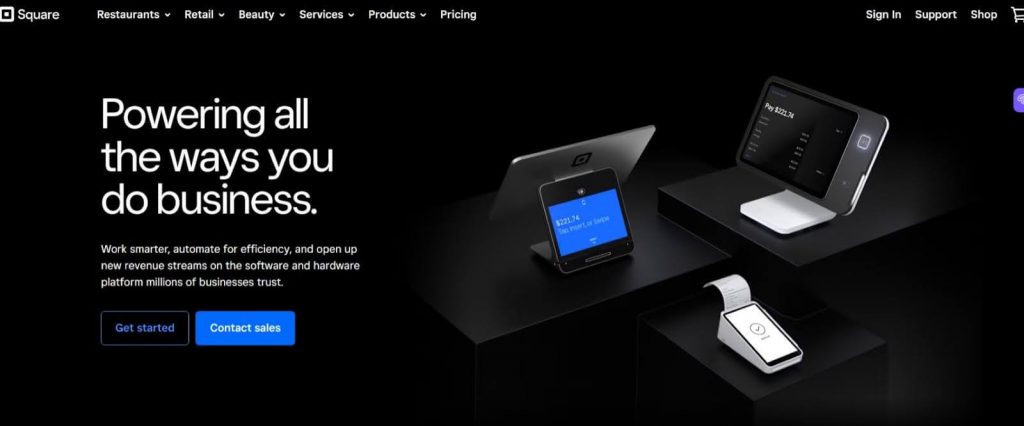
Since 2009, Square has been a pioneer in mobile payments that doesn’t charge recurring monthly fees for many card processing services. However, if you want to buy a Square terminal or register, you need to buy the hardware with monthly payments until you entirely pay it off.
Transaction fees start from 2.6% plus 10 cents per transaction. It’s the best option for small and medium-sized businesses since larger retailers have negotiated favorable rates and may not find it too pleasing to switch to newer platforms like Square. Small and medium-sized businesses will prefer Square more because of its user-friendly interface, budget-friendly monthly prices, and how easy it is to set up.
Other than payment products, Square also offers payroll, inventory, retail inventory, banking, and many other software solutions for almost every industry.
Square is free to use on your mobile app, but if you’re looking for more advanced features that include advanced POS features, integrations with unlimited devices, etc, you’ll need to go with the paid plans. The only downside to the app is that you need to pay extra for loyalty programs.
4. Braintree
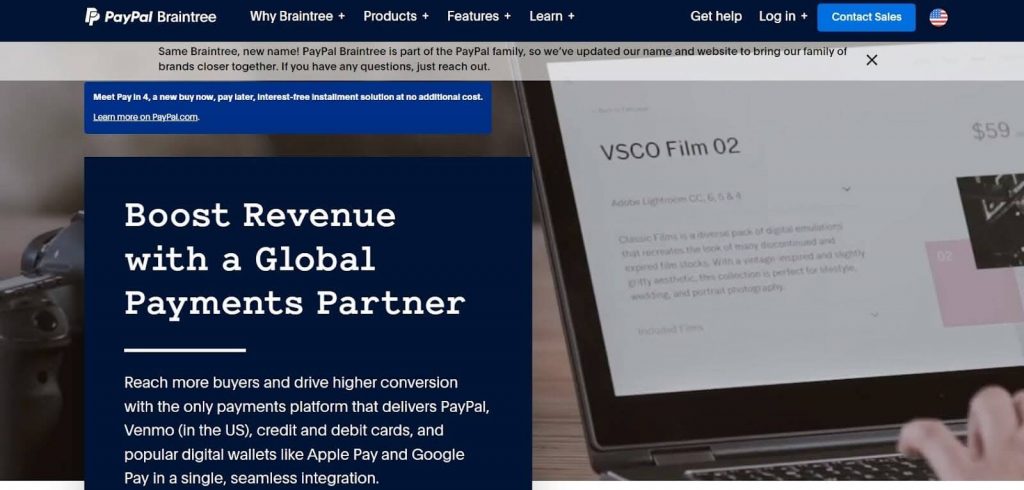
Have you ever heard about Braintree? Well, we can tell you that they’re owned by PayPal. It’s an integrated payment process that works with credit cards, and its parent partner, PayPal. Braintree supports almost all credit cards, including Visa, Mastercard, Amex, Discover, JCB, Diners, Maestro, and UnionPay. It’s specially designed for web and mobile app payments.
Transaction fees cost ranges from 2.59% plus $0.49 cents for every standard payment. However, if you pay through Venmo, transaction fees will go up to 3.49%, and transactions through bank account payments will significantly cost up to $5 per each one.
Braintree has a significant advantage because it doesn’t have any recurring monthly fees.
5. Adyen
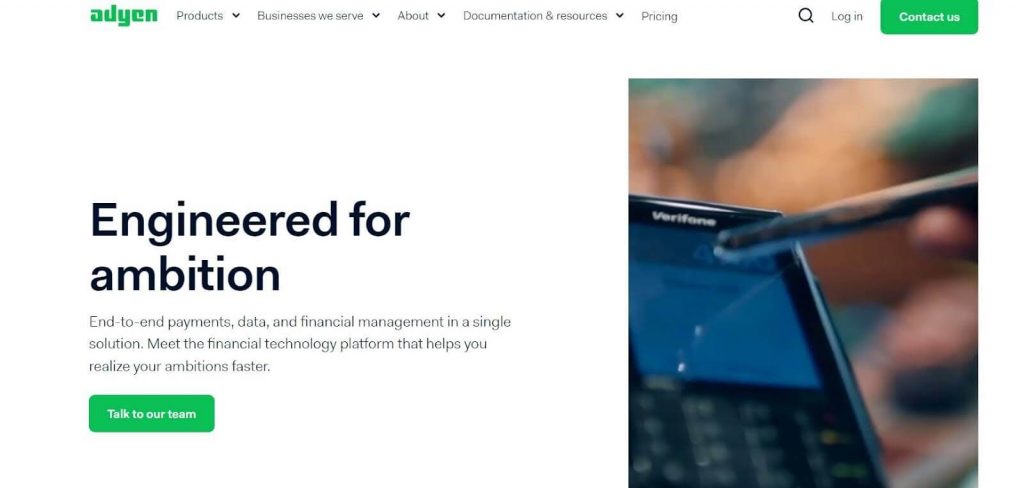
When it comes to international payments, Adyen is a payment gateway that significantly stands out from the rest. It offers support for many payment methods including Visa cards, WeChat Pay, Mastercard, Amex, Apple Pay, Alipay, etc. Moreover, it offers self-scan and pay, shipping to your home, paying with QR codes, self-service kiosks, and so on. On its webpage, it mentions that transaction processing fees are $0.12 plus a payment method fee.
The advantage of using this platform is that it has no monthly setup charges. The only downside of Adyen is that it isn’t a user-friendly option for individuals who don’t have a technical background.
6. Sage Pay
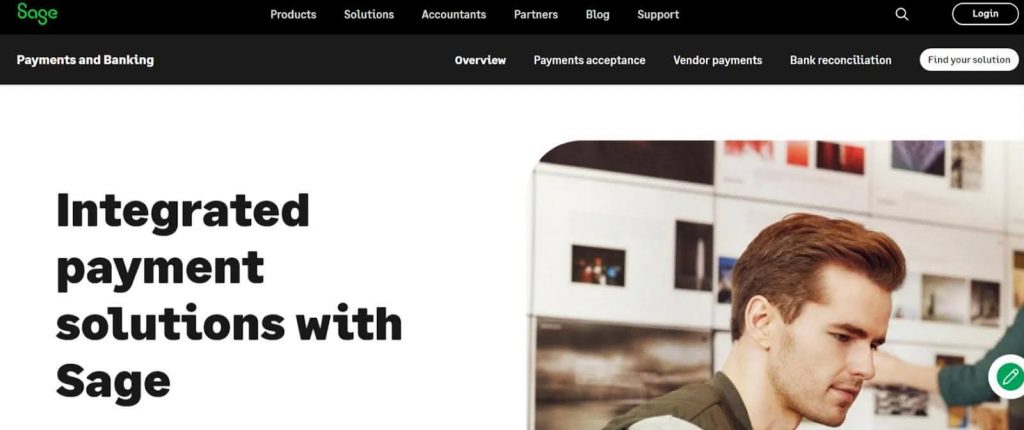
Sage Pay supports payment methods, including credit and debit cards (Mastercard, Maestro, Visa Credit, Visa Debit, American Express), e-wallets (Apple Pay, Samsung Pay, and Google Wallet), and PayPal. The transaction fees will depend on the package you select, and the features you’re using. You can learn more about the fees once you visit Sage Pay’s website, where it’ll list which features are included under each pricing plan.
One of the benefits of Sage Pay is its reliability and ease of use. Pricing plans will strongly depend on the size of your business. Direct information regarding transaction fees isn’t stated, but this most likely goes into the monthly payments you make when you use the app.
7. 2Checkout (2CO)

Many people know 2checkout as 2CO. Just like Sage Pay, it offers multiple payment integrations and supports many payment methods including PayPal, Alipay, Trustly, WebMoney, Apple Pay, UnionPay, etc. 2CO claims on their website that their transaction fees are now lower than ever, 3.5% + $0.35 cents, stating that fees will also vary by market.
2CO is great for detecting fraud and has a simple integration process. The benefits of using 2CO are its great global reach and easy integration.
However, even though it’s a highly secure platform to use for your transactions, its fees are considerably higher than its competitors.
Bottom line: Making the right choice when choosing your payment gateway
Your decision will depend on a number of factors, but the most important thing to consider is to know which markets you’re doing business in, and how much you’ll pay for transaction fees. This will all depend on the volume of your transaction fees. If they’re large, you might want to go with payment gateways that offer you fixed monthly payments.
However, when making your choice, it’ll hinge on your particular business requirements. After you identify that, you’ll have a better idea of which payment gateway is the best option for you.




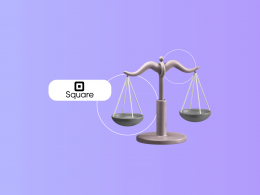


Excellent article!